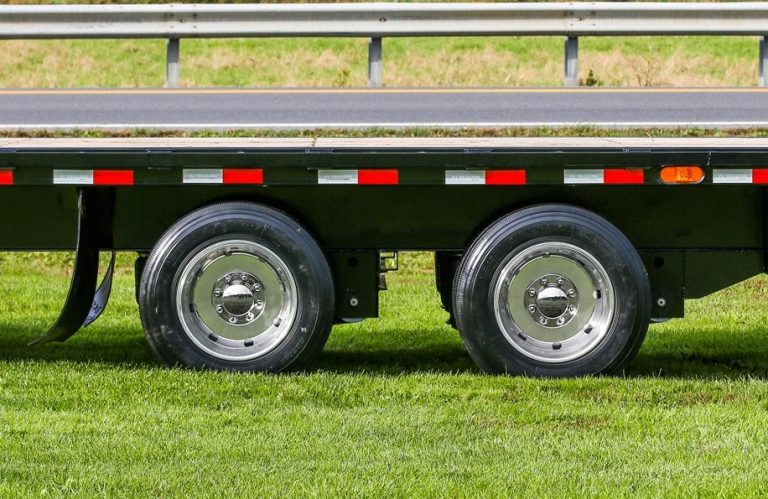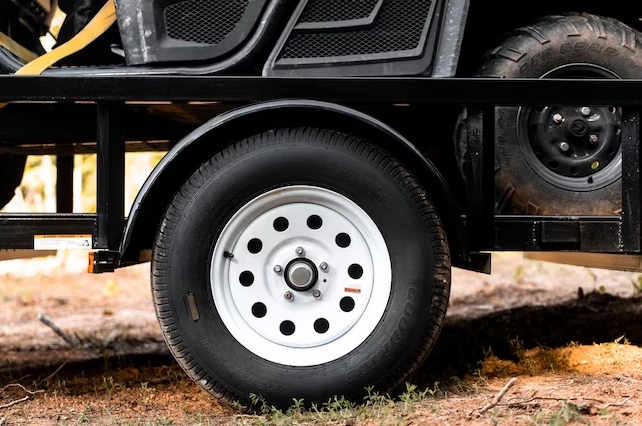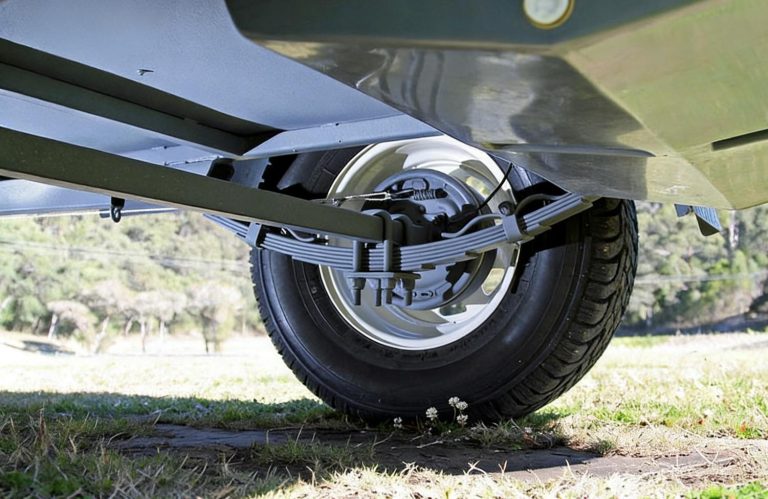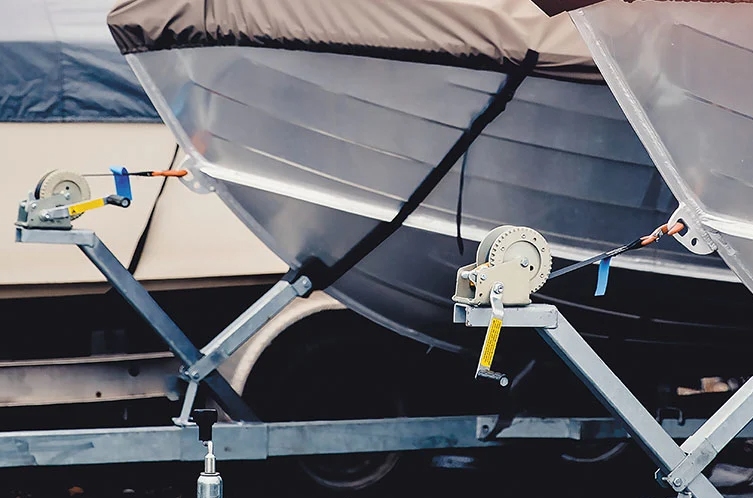Trailer couplers are the quiet stars of towing. They ensure a safe link between your trailer and vehicle.
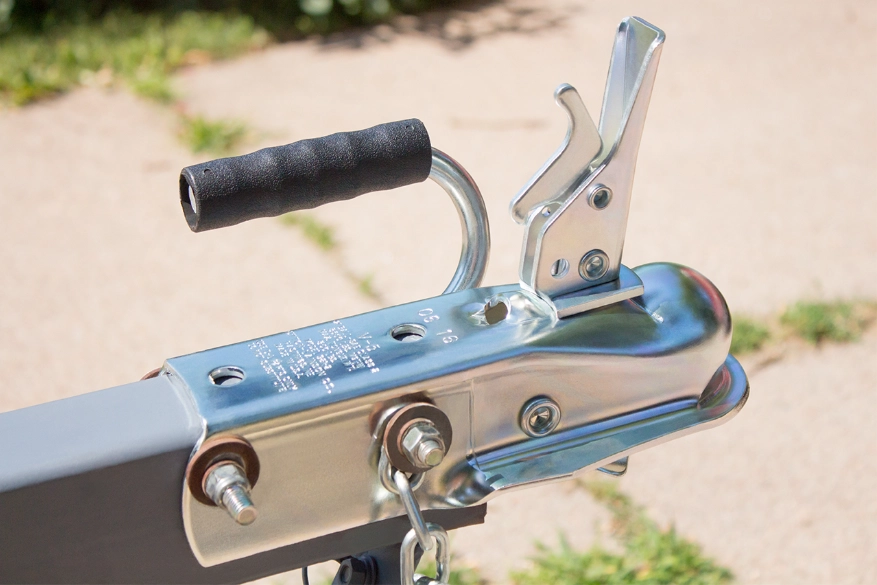
In the US, knowing the types of trailer couplers is key for secure and smooth towing. You might be hauling a boat, RV, or heavy gear. This detailed guide covers the most common trailer couplers used in the US, like ball, A-frame, and gooseneck. It shares their uses and advantages. By the end, you’ll understand which coupler fits your towing needs. You’ll also learn how to pick one for great results.
Why Trailer Couplers Matter
A trailer coupler is the part that joins a trailer to the vehicle’s hitch. It allows smooth turns while keeping a strong connection. Picking the right coupler affects safety, towing power, and ease of use. There are many types of trailer couplers in the US. Choosing the correct one depends on your trailer’s style, weight, and purpose. A wrong coupler can cause wobbling or disconnection. It might even lead to crashes. So, it’s vital to know the options available.
Common Types of Trailer Couplers in the US
The US market has various trailer couplers. Each is made for specific trailers and towing jobs. Below, we look at the most popular types of trailer couplers. We also share their special features.
Ball Couplers: The Standard Choice
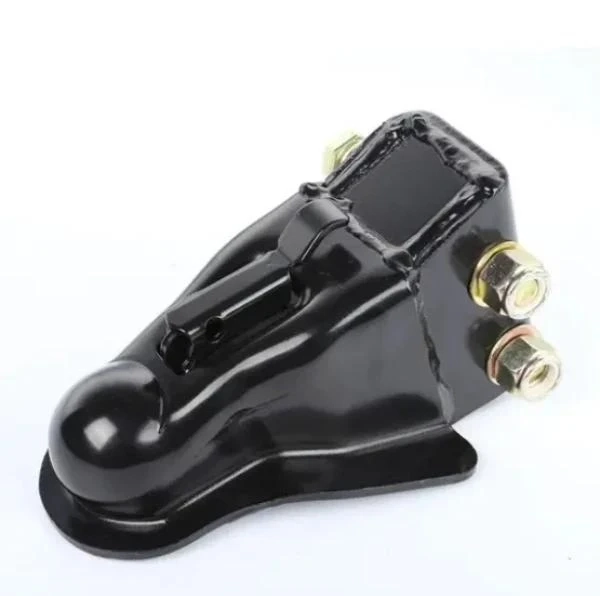
Ball couplers are the most common type in the US. They are simple and flexible. They have a socket that fits over a hitch ball. A latch keeps it secure. These couplers are great for light to medium towing. Think of small utility trailers, boat trailers, or RVs.
- Features:
- Come in standard ball sizes: 1-7/8”, 2”, and 2-5/16”.
- Handle weights from 2,000 to 20,000 pounds, based on the model.
- Include latch types like posi-lock, easy-lock, and sleeve-lock for safe links.
- Applications:
- Perfect for small utility trailers, jet ski trailers, and camping trailers.
- Work with most cars and SUVs that have a hitch receiver.
- Benefits:
- Simple to set up and use, with easy latch systems.
- Affordable for casual towing.
- Easy to find, making replacements or upgrades quick.
Ball couplers are ideal for casual towers. However, they may not work for heavy-duty tasks due to weight limits.
A-Frame Couplers: Stability for Heavier Loads
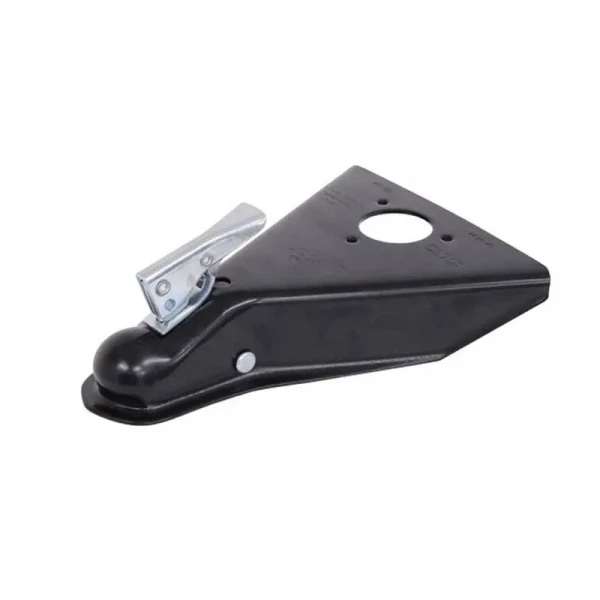
A-frame couplers are built for trailers with an A-shaped tongue. They offer strong support for medium to large trailers. These types of trailer couplers are common in the US for RV trailers, car haulers, and utility trailers needing solid backing.
- Features:
- Rated for 5,000 to 21,000 pounds, higher than most straight-tongue couplers.
- Made from stamped or cast steel for strength.
- Come with latch options like posi-lock or sleeve-lock for extra safety.
- Applications:
- Great for RV camping, car hauling, and medium-duty work trailers.
- Good for trailers on different surfaces, from highways to dirt roads.
- Benefits:
- Gives excellent steadiness for heavier loads, reducing wobble.
- Useful for both work and fun towing.
- Lasts long with proper care.
A-frame couplers are a dependable choice. They suit those who value safety and steadiness when towing heavier trailers.
Gooseneck Couplers: Heavy-Duty Powerhouses
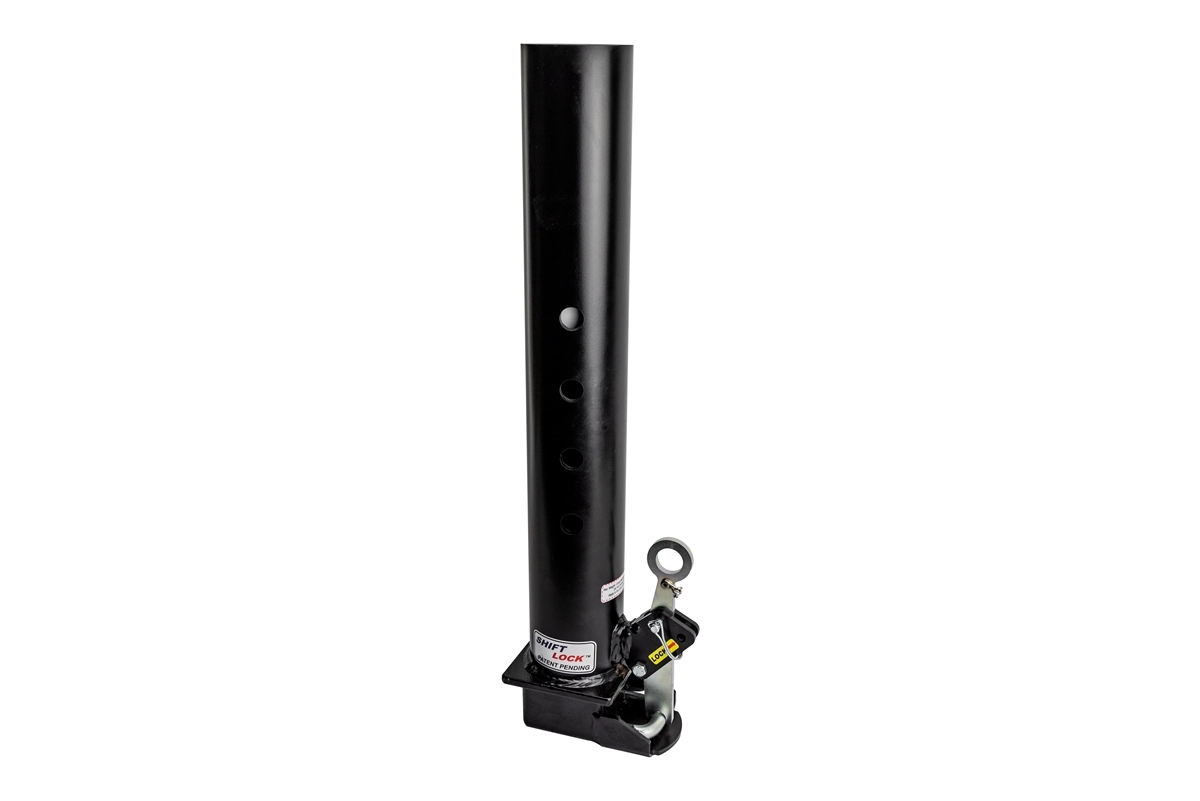
Gooseneck couplers are designed for heavy-duty towing. They connect to a hitch ball in a pickup truck’s bed. These types of trailer couplers in the US are popular for their ability to manage big loads. They are common in farming and business settings.
- Features:
- Support towing weights from 20,000 to 40,000 pounds.
- Have a tubular shaft for a secure link to gooseneck hitches.
- Often used with weight distribution systems for better control.
- Applications:
- Used for horse trailers, large flatbeds, and livestock trailers.
- Common in farming, building, and long-distance RV trips.
- Benefits:
- Provides great steadiness and weight balance over the truck’s back axle.
- Allows tighter turns, improving ease of movement.
- Saves cargo space due to its small design.
Gooseneck couplers are the top pick for professional towers. They handle heavy or valuable cargo well.
Other Notable Types of Trailer Couplers
Ball, A-frame, and gooseneck couplers are the most common. However, other special types of trailer couplers deserve mention:
- Pintle and Lunette Ring Couplers:
- Made for heavy-duty industrial, farming, or military towing.
- Handle up to 60,000 pounds, great for rough surfaces.
- Very strong but may be noisier during towing.
- Adjustable Channel Couplers:
- Allow height changes to match different tow vehicles.
- Good for towers using multiple vehicles or trailers with varying heights.
- Handle weights from 5,000 to 25,000 pounds.
- No-Latch (QuickPin) Couplers:
- Use a single hitch pin instead of traditional latches for fast coupling.
- Ideal for users who want simplicity and speed.
- Best for light to medium-duty trailers.
Each of these couplers fits specific needs. This ensures there’s a solution for every towing situation.
Comparison of Trailer Coupler Types
To help you pick the right coupler, here’s a comparison of the main types of trailer couplers in the US:
| Coupler Type | Weight Capacity (lbs) | Best For | Pros | Cons |
| Ball Coupler | 2,000–20,000 | Light to medium trailers | Easy to use, cheap | Not for heavy loads |
| A-Frame Coupler | 5,000–21,000 | Medium to large trailers | Steady, strong | Heavier, costs more |
| Gooseneck Coupler | 20,000–40,000 | Heavy-duty trailers | High capacity, easy to steer | Needs truck bed hitch |
| Pintle/Lunette Ring | Up to 60,000 | Industrial/military trailers | Very tough | Loud, too much for light use |
| Adjustable Channel | 5,000–25,000 | Multi-vehicle towing | Flexible, adjustable | Complex, may wear out |
This table shows the strengths and weaknesses of each coupler. It helps you find the best fit for your needs.
Go Trailer: Your Trusted Trailer Parts Manufacturer
Go Trailer is a top trailer parts maker based in Qingdao, China. They focus on crafting high-quality trailer couplers. They also make other parts like jockey wheels, winches, axles, and springs. With over 15 years of experience, Go Trailer uses advanced tools like CNC machines and laser cutters. Their skilled engineers and welders ensure strong, reliable couplers. When you work with Go Trailer, you get good prices and a complete solution for trailer parts. This ensures safety and great performance on the road.
FAQs About Types of Trailer Couplers in the US
Q1: What are the most common types of trailer couplers in the US?
A: The most common types of trailer couplers in the US are ball couplers, A-frame couplers, gooseneck couplers, pintle/lunette ring couplers, and adjustable channel couplers. Each fits specific trailer types and weight needs. They range from light recreational trailers to heavy-duty industrial ones.
Q2: How do I pick the right trailer coupler for my trailer?
A: To choose the right coupler, check your trailer’s tongue style (straight, A-frame, or gooseneck). Also, consider its weight and hitch ball size. Make sure the coupler’s weight capacity is equal to or greater than your trailer’s loaded weight. Finally, confirm it works with your tow vehicle’s hitch.
Q3: What’s the difference between a ball coupler and a gooseneck coupler?
A: Ball couplers are for light to medium trailers. They connect to a hitch ball on the vehicle’s rear bumper. They handle up to 20,000 pounds. Gooseneck couplers are for heavy-duty trailers. They connect to a hitch ball in a truck bed. They support up to 40,000 pounds and offer better steadiness and ease of movement.
Q4: Are no-latch trailer couplers safe for towing?
A: Yes, no-latch couplers, like QuickPin systems, are safe when set up correctly. They must be used within their weight capacity. Their simple pin-based design lowers the risk of latch failure. This makes them reliable for light to medium-duty towing.
Call to Action: Find Your Perfect Trailer Coupler Today
Picking the right trailer coupler is crucial. It ensures safe, smooth, and worry-free towing. Whether you’re a weekend camper, a professional hauler, or a farmer, knowing the types of trailer couplers in the US helps you make smart choices. Check out Go Trailer’s range of high-quality couplers. Find the perfect match for your trailer. Visit Go Trailer today to browse our selection. You can also request a quote or contact our team for expert advice. Tow with confidence—start your journey now!


